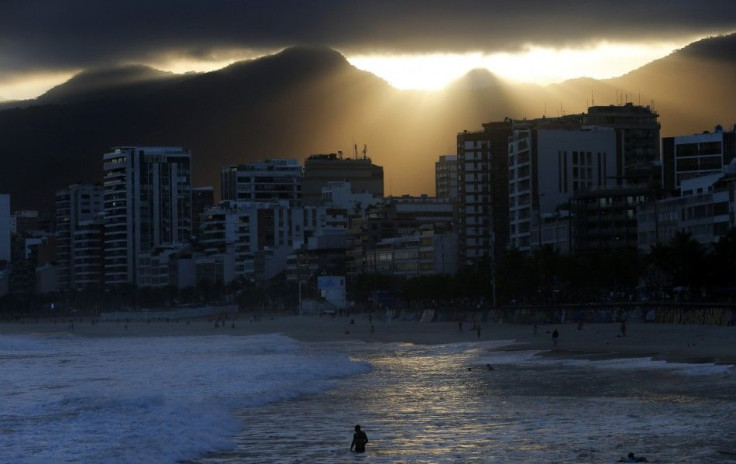Global Warming Alert: Soaring Temperatures Threatens Coral Reefs – UN

A U.N. report released on Thursday said the continuing rise in the average temperature of the Earth's climate system is posing irreversible damages to the coral reefs in the world's smaller islands.
The study by the United Nations' Environment Programme (UNEP) said coral reefs found along the Indian Ocean to the Caribbean are at risk of the warming waters which kill the tiny animals that form corals with their stony skeletons.
Of all the ecosystems on Earth, the "corals .. are probably the most threatened," Robert Costanza, of the Australian National University and lead author of the study, told Reuters.
"These 52 nations, home to over 62 million people, emit less than one per cent of global greenhouse gases, yet they suffer disproportionately from the climate change that global emissions cause," Achim Steiner, head of UNEP.
"Some islands could become uninhabitable and others are faced with the potential loss of their entire territories," the study said. Corals help protect coasts from storms and tsunamis. They are also vital to attract tourists. Moreover, corals serve as nurseries for many types of fish.
The warming temperatures have spurred seawaters to rise. The effect ultimately bleached corals, depleted fisheries and pushed salt water onto farmland, Bloomberg said.
UNEP disclosed that in some parts of the Caribbean, all the reefs have been bleached.
The loss of corals is threatening the livelihood and existence of the people in the islands.
"Our fishermen are reporting less and less catches in areas where there was once a thriving trade," Reuters quoted Grenada's Environment Minister Roland Bhola said on the sidelines on the occasion of the U.N.'s World Environment Day on June 5 in the western German city of Bonn.
"We have been able to associate that with the issues of climate change ... the destruction of our coral reefs and other ecosystems like mangroves," he said.






